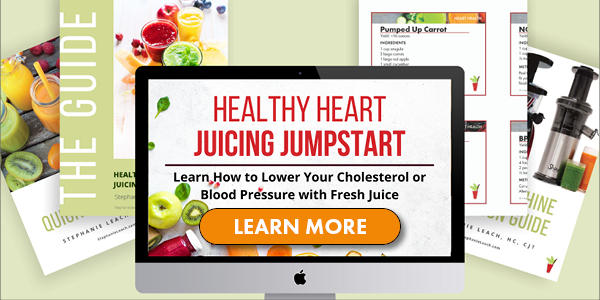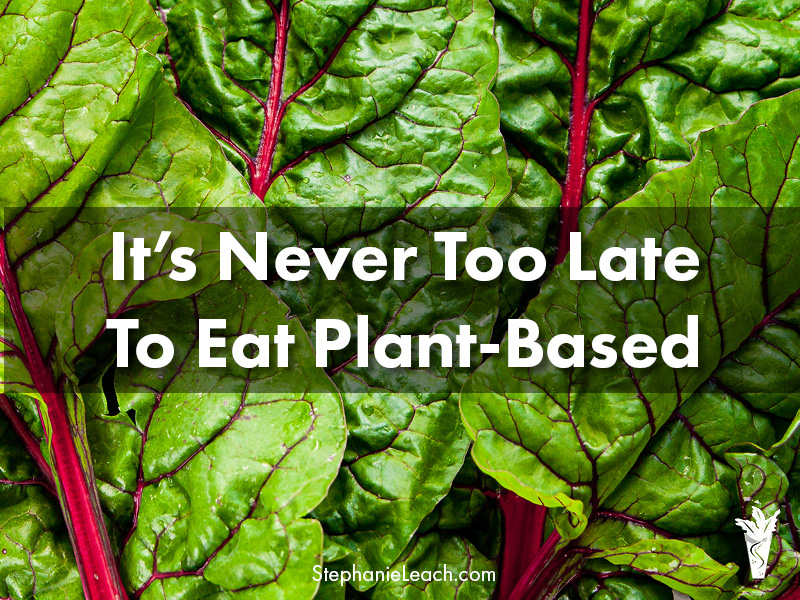The “dog days” of summer are definitely here. The temps are high, and in many places so is the humidity.
I never tolerated hot, humid weather very well. After an afternoon of running errands or doing some other necessary outdoor activity in the sweltering heat, I usually returned home exhausted with a banging headache. Then I would sleep for several hours in order to recover.
Maybe you have had a similar experience.
Is it heat exhaustion? And is there anything we can do to avoid it?
There are three heat-related conditions, and heat exhaustion is the middle step before life-threatening heat stroke.
Possible heat exhaustion symptoms include:
- Cool, moist skin with goose bumps when in the heat
- Heavy sweating
- Faintness or dizziness
- Fatigue
- Weak, rapid pulse
- Low blood pressure upon standing
- Muscle cramps
- Nausea, vomiting
- Headache
If you experience some of these symptoms, it’s important to stop all activity and rest. Drink some cool water and get yourself to a cooler place or in front of a fan.
If your body temperature reaches 104 F (40 C) or higher, or if your symptoms don’t improve in an hour, you are at risk for heat stroke, and it’s time to see a doctor.
Fortunately, heat exhaustion is largely preventable.
(Continue reading or watch the video)
What to Drink
Staying well hydrated is key to avoiding heat exhaustion. Your body needs fluids to help your organs function properly and to regulate your body temperature.
Water
Unless you are perspiring for long periods, drinking good old plain water will do the job of keeping you hydrated. How much?
In comfortable temperatures, it is usually advised that you drink half your weight in ounces per day. So if you weigh 150 pounds, you should drink 75 ounces of water (about 6 full glasses.) But when it is very hot and you are perspiring, you should be drinking more. A lot more. Aim for 100 ounces or more a day. While outside, drink at least a cup of water every 20 minutes.
Celery Juice
When you sweat your body is excreting toxins as well as electrolytes (potassium, sodium, phosphorus and chloride) and you may need to replenish these with what you eat and drink. Celery juice is a perfect rehydrator. It contains potassium and natural sodium. Drink some celery juice every day to improve your heat tolerance.
Naturally Flavored Water
Avoid the sugar, artificial sweeteners and food dyes in sports drinks by making your own flavored water. Add a small amount of lemon or fruit juice, slices of lemon, lime, cucumber, or muddled berries and mint to your water.
What NOT to Eat
According to Ayurveda, there are some foods that you may want to avoid or limit during hot weather, as they have a warming effect on the body.
- Fried foods
- Cured meats
- Alcohol
- Caffeine
- Warming spices such as cayenne, garlic, paprika, cloves, cinnamon, ginger, and nutmeg
- Warming vegetables such as horseradish, raw onion, green onion, mustard greens, radish, raw beets, raw ginger
What to Eat
Cooling vegetables such as cucumber, leafy greens, cooked beets, cabbage, bok choy, celery, alfalfa sprouts, fennel, asparagus, beans, zucchini, carrots, artichoke, snow peas, cilantro, broccoli, cauliflower, peas, arugula, watercress, lettuce, endive, kale, radicchio, and daikon radish.
Cooling fruits such as melon (all melons, including watermelon are wonderful for cooling the body,) pears, pomegranates (add some pomegranate juice to your water,) bananas (this also supplies potassium – an electrolyte,) blueberries, cranberries, grapefruit, pineapple, mango, papaya, coconut, avocado, and kiwi.
Culinary herbs such as basil, mint, coriander, and dill have a cooling effect on the body.
Medicinal herbs such as Chinese skullcap (Scutellaria baicalensis) and Elder flower (Sambucusnigra) have been used traditionally to lower fever and body temperature. (Do not take if you are pregnant or nursing.)
While it is hard to avoid sweating and the fatigue that comes with a high heat index, you can avoiding heat exhaustion and reduce your heat related symptoms by staying well hydrated and eating cooling foods.
Pick one of the tips above and implement it today.









Leave A Comment